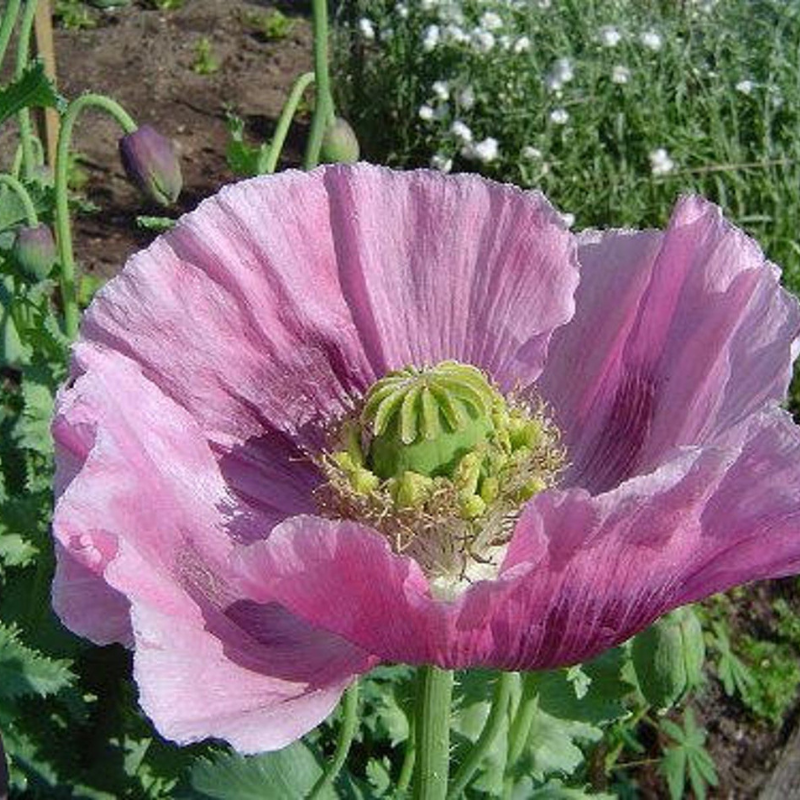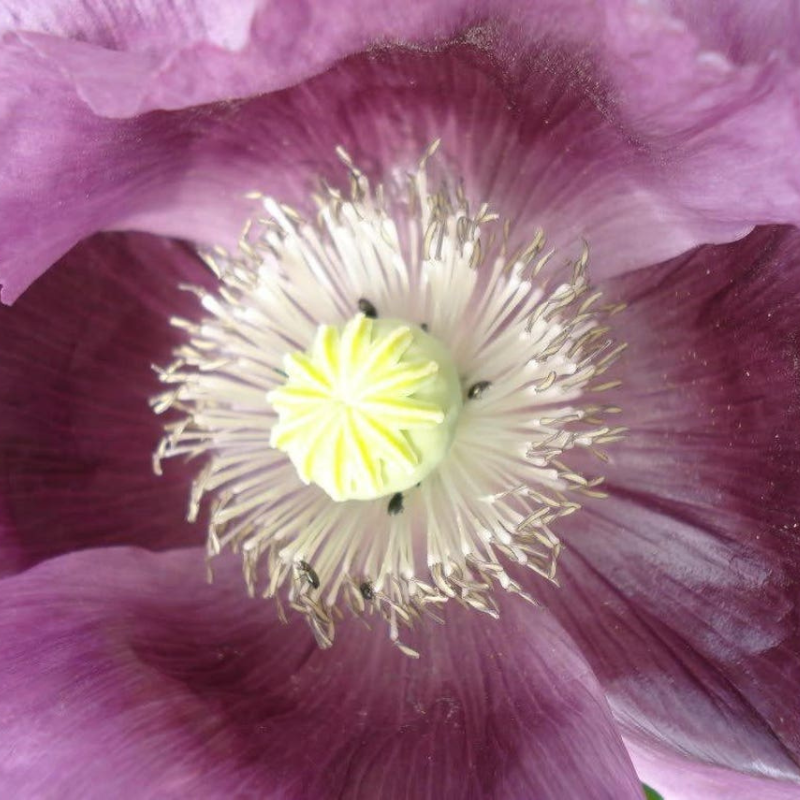- Historical context: Poppies have been cultivated for thousands of years for their seeds, medicinal properties, and as a decorative plant. The ancient Greeks and Romans used poppies in their mythology and art.
- Geographical origination: Poppies are native to the Mediterranean region but have been naturalized throughout Europe, Asia, and the Americas.
- Relevant cultural significance: Poppies have significant cultural and symbolic meanings in many societies. They are often associated with sleep, peace, and death due to their sedative properties and the blood-red color of some species.
- Time period of discovery: Poppies have been known and used by humans since ancient times, with archaeological evidence dating back to the Neolithic period.
- Original habitat: Poppies originally grew in well-drained soils in sunny, open fields and meadows.
- Notable historical uses: Poppies have been used for their medicinal properties, particularly as a sedative and analgesic. The seeds are also used in cooking and baking.
- Ideal temperature range: Poppies prefer cool to moderate temperatures, with an ideal range of 60-70°F (15-21°C).
- Soil type: Poppies prefer well-drained soil with a pH between 6.0 and 7.5.
- Sunlight requirements: Poppies need full sun to grow well.
- Watering needs: Poppies need regular watering, but they are drought-tolerant once established.
- Planting season: Poppies should be planted in the spring after the last frost.
- Germination time: Poppy seeds typically germinate in 10-20 days.
- Growth cycle duration: Poppies have a growth cycle of about 90-120 days.
- Common pests and diseases: Poppies can be affected by aphids, powdery mildew, and gray mold.
- Companion planting advice: Poppies do well with other sun-loving, drought-tolerant plants like lavender and rosemary.
- Common challenges and solutions: Poppies can be difficult to transplant due to their long taproot. It's best to sow them directly in the ground where they will grow.
- Nutritional values: Poppy seeds are rich in fiber, healthy fats, and several essential minerals like calcium, phosphorus, and magnesium.
- Health benefits: Poppy seeds can aid digestion, boost the immune system, and improve skin and hair health.
- Culinary uses: Poppy seeds are used in baking and cooking, particularly in breads, cakes, and pastries.
- Medicinal uses: Poppy seeds have been used in traditional medicine for their sedative and analgesic properties.
- Other unique advantages: Poppies are beautiful ornamental plants that can add color and interest to any garden. They also attract pollinators like bees and butterflies.






